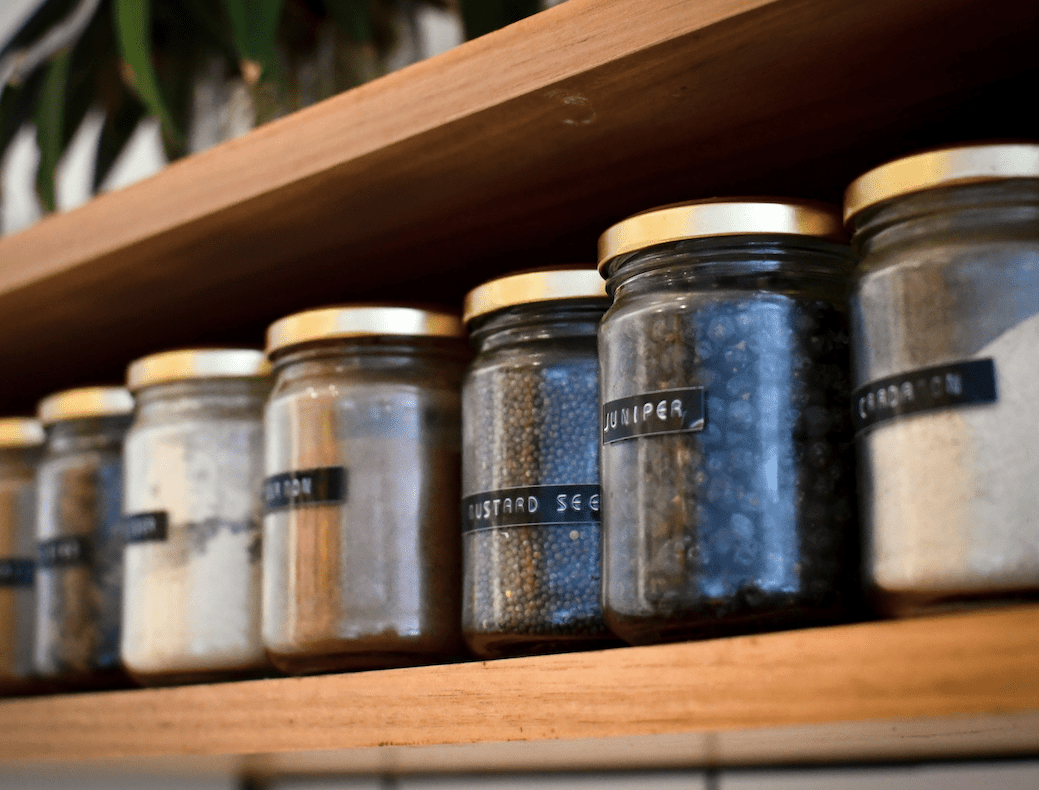Self-isolation food cupboard staples
It seems as if coming into contact with coronavirus is almost unavoidable at university and with many student households self-isolating, it can be a worrying time for many of us. As we head into a second lockdown, it’s important that we know how to properly prepare for all eventualities.
Preparing for emergencies may not always be at the top of your to-do list, but to minimise unnecessary stress, it might be worth assembling an emergency stockpile of food at home. Toilet paper and cleaning products are some of the obvious essentials, but it can be difficult to know which foods are best to keep in your cupboards for longer periods of time. If you are thinking of preparing your student shopping list, read on for the best foods to keep in your university accommodation during a pandemic.
Start with the basics: non-perishables
The first thing to remember is that you don’t need to panic. You don’t need tonnes of food stashed away – you just need enough food to last you for a couple of weeks whilst you are in quarantine. With that said, you need to focus your attention more on non-perishable items rather than fresher produce. These are cupboard and freezer fillers with long expiry dates but don’t put items in your basket you wouldn’t normally shop for or use; these need to be sensible items, but you still need to like them.
- Dried bags of pasta, rice and noodles.
- Tinned food such as canned tomatoes, beans, tuna, lentils, soup.
- Frozen goods like bags of frozen vegetables (diced onions, peppers, peas, sweetcorn, and carrots), frozen meat and poultry, pizzas, potatoes.
- Dried herbs and spices which can be found in packet mixes, coriander, cinnamon, garlic powder, ground ginger, thyme, rosemary, oregano, parsley.
- Snacks such as dried fruit and nuts, crisps, biscuits, cereals.
- Jars like pesto, pasta sauce, curry and stir fry sauces, jams.
- Coffee, tea, sugar, salt and pepper, oil, flour, condiments.
Short term perishables: daily use items
Obviously, there will be some perishable items that we use every day which do not last as long in the fridge and often need to be replenished regularly. These however can be substituted for a longer life alternative or there are some ways to make items last longer.
- Milk and butter – you could opt to buy long-life milk or switch to a soya/nut option.
- Fruit – it is worth buying frozen or canned fruit as fresh fruit goes out of date quickly and switch to long-life fruit juices instead of fresh cartons.
- Eggs and cheese – these usually keep well in the fridge for a while and can be used in lots of recipes.
- Bread – when purchasing bread, it is worth checking the label to see if it can be frozen. Stocking up on wraps, loaves and rolls are fantastic items to have in your freezer to use as and when you need to.
- Meat and seafood – buying fresh meat is usually a lot tastier than getting it pre-frozen but its fridge life is often the shortest. A tip would be to buy a larger pack than usual and separate the fresh meat into individual portions for each meal and freeze them. Plastic sealed freezer bags are a must, making life so much easier when cooking for one.
What are some recipe suggestions?
It’s all well and good having a full cupboard, but you need to know how to get the most out of your food supply. You don’t want to be eating the same foods every day. You need variety and more importantly a healthy, well-balanced diet. Here are some main meal ideas using ingredients from your stockpile:
- Pasta dishes such as pesto pasta with vegetables and/or chicken, Spaghetti Bolognese, Lasagne, Pasta bake.
- Stir fry can be made using frozen vegetables, stir-fry packet sauces and dried noodles.
- Curry and rice are easily made using meat and/or vegetables mixed with a pre-made curry sauce and rice.
- Veggie or chicken fajitas make a tasty meal using a pre-brought packet mix, frozen vegetables, and a defrosted chicken breast.
- Omelettes or frittata are meals which can be light or more filling depending on how hungry you are feeling. You can add any vegetables, meat, and cheese of your choice.
- Anything on toast, including beans, cheese, or jam is always great for a daytime meal or a quick and easy dinner.
- Home-made takeaway – it is tempting to turn to the takeaway menu and order in, but to save money and to use up what you have in the freezer you could make your own fish and chips or cook your own pizza in the oven.
While our lives have been made more difficult by the Covid-19 pandemic, there is no reason for you to go hungry. Keeping a steady stock of your cupboards is one less thing for you to worry about if you are faced with a sudden self-isolation period. Eating a comforting, hearty meal each evening is one way to keep your morale high and your energy levels up while you are stuck in your uni house.

Comments